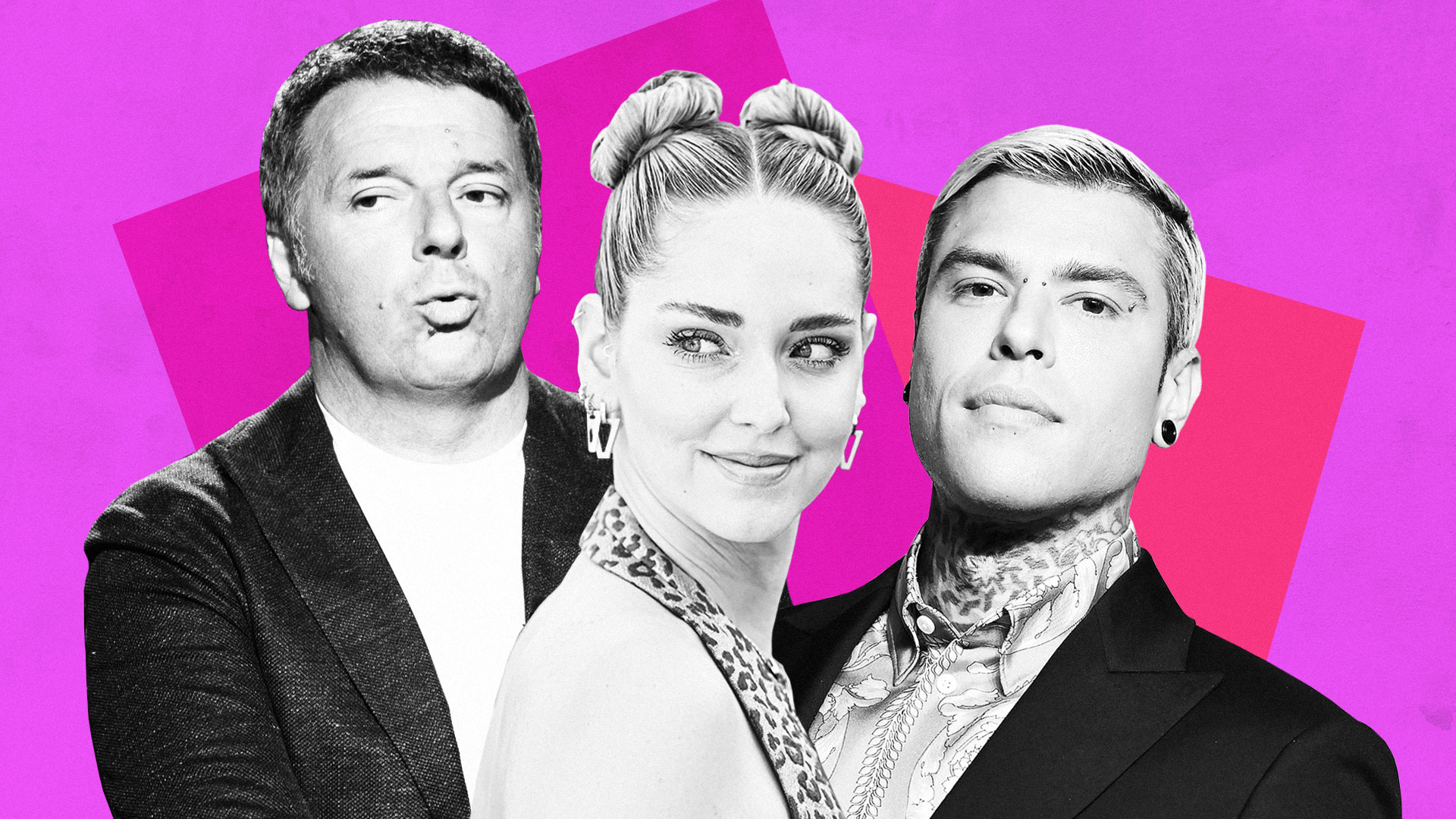Although the provisions amending the Act on alcoholic products were introduced to the parliament in 2017, they did not accelerate significantly until 2021. President Vladimir Putin signed the amendment on July 2, and it entered into force 4 days later.
–
Like champagne, it’s only Russian
After the amendments, instead of the term “sparkling wines (champagne)”, which was previously used by importers to label their products, it is now referred to as “sparkling wine, including Russian champagne”.
–
In practice, all foreign products have become “sparkling wines”. For “Russian champagne” could only be made in Russia. The word “champagne”, reserved for French production, will remain on the branded labels on the front.
–
See also: An employee under the influence of alcohol while working remotely. “In the event of an accident, it excludes the employer’s liability”
—
The new law immediately triggered a reaction from LVMH, the owner of the Dom Perignon and Veuve Clicquot brands. A company specializing in luxury goods has announced that it is holding all shipments to Russia.
–
However, she quickly gave up the boycott, as soon after the LVMH group announced that it would comply with the requirements of the law.
–
The authors of the law emphasize that it is primarily about unifying the requirements and supporting the Russian wine industry. Businessmen from Vladimir Putin’s entourage are involved in its intensive development.
–
Examples? In 2020, the company of Yuri Kovalchuk, considered a friend of the president, bought the famous Crimean winery Massandra. In 2017, the structures of Kowalczuk acquired the Novyi Swiet plant in the annexed Crimea – one of the oldest wine establishments on the peninsula.
–
The president himself said in January that after his resignation he could go to winemaking, “not as a business, but as a way of doing business.”
–
The novel is complicated by a number of other issues
The new act also introduces other changes – problematic from the point of view of producers. It also introduces changes to the method of classifying wine production.
–
Importers will have to re-apply for the certification of their products in Russia. What does it mean? Samples of their product will have to arrive in Russia and undergo laboratory tests for each of them. The changes will affect around 20,000 wine brands.
–
The new law also includes the name “Russia’s cognac”. Only alcohols made from Russian grapes will deserve this term.
–
Here, too, it creates a problem for foreign producers. The name “cognac” is a reserved name for brandy produced in France, in the department of Charente.
–
The question of using both names in Russia was discussed after its accession to the World Trade Organization (WTO). At that time, in 2013, the Federal Alcohol Regulation Service assessed that the names of liquors written in Cyrillic letters denote the type of production, not the place of origin. Russia, for its part, does not intend to question France’s rights to the names “Cognac” and “Champagne” – explained the regulator at the time.
–
According to the data of the economic press, 50 million liters of imported sparkling wine and champagne are imported to Russia every year. Of these, only 13 percent come from France. LVMH’s share of these deliveries does not exceed 2 percent, which means that this branded champagne is consumed by no more than 1 million Russians.
–
